Description
Dandelion Root not a pest at all.
Although most people think of dandelion (Taraxacum officinale) as a pesky weed, the plant has long been used in herbal medicine to aid in digestion and help stimulate appetite. The entire dandelion plant from root to blossom is edible with a slightly bitter, chicory-like taste. The root itself is sometimes roasted to create caffeine-free dandelion coffee. When used for medicine, the dried or fresh root can be made into teas, tinctures, decoctions (infusions), and poultices.
In traditional Chinese and Native American medicine, dandelion root has long been used to treat stomach and liver conditions. Herbalists today believe that it can aid in the treatment of many ailments, including acne, eczema, high cholesterol, heartburn, gastrointestinal disorders, diabetes, and even cancer. Some of the claims are better supported by research than others. Dandelion is also known as pu gong yi in traditional Chinese medicine and simhadanti in Ayurvedic medicine. Its English folk name “piss-a-bed” and French nickname “pissenlit” both refer to the root’s strong diuretic effect.
- Some scientists believe that dandelion’s diuretic properties may have medical uses, including the treatment of prediabetes or premenstrual bloating and water retention.
- In folk medicine, dried dandelion root is often ground into a paste and mixed with water to create a soothing paste for skin disorders like acne, eczema, psoriasis, rashes, and boils. While there is little evidence that dandelion can treat these conditions better or faster than leaving the skin alone, it does appear to have mild anti-inflammatory and antipruritic (anti-itching) properties. Research also suggests that it may help prevent sun damage.
- Dandelion root is believed to have anti-diabetic properties due to a soluble fiber known as inulin. Inulin contains a complex carbohydrate known as fructooligosaccharide (FOS) which supports the growth of healthy bacteria in the gastrointestinal tract and eliminates the unhealthy ones. This alone increases insulin sensitivity by slowing the flow of sugar from the intestines to the bloodstream, preventing spikes in either your blood sugar or insulin levels. A 2016 review of studies from Aarhus University in Denmark suggested that dandelion extract also stimulates pancreatic cells to produce insulin, better controlling blood sugar and avoiding hyperglycemia.
Dandelion root is generally considered safe and well tolerated in adults if consumed in moderation. Some people may experience side effects, including heartburn, diarrhea, upset stomach, and irritated skin. If you are allergic to ragweed, chrysanthemums, marigold, chamomile, feverfew, yarrow, or plants in the Asteraceae family (such as sunflowers and daisies), you should avoid dandelion root as it may trigger rash, watery eyes, and other allergy symptoms. Dandelion also contains iodine and latex, so avoid it if you have allergies to either of these substances. Pregnant women, nursing women, and children are advised to avoid dandelion remedies due to the lack of research into their long-term safety. As always, research thoroughly any new herb you are thinking of using and if taking prescribed drugs, have a chat with your GP first.
Dandelion root tea works to stimulate appetite and aid digestion, and can be brewed from dried or fresh roots on your stovetop. Bring 1 quart of water to boil in a saucepan. Add 1/2 to 2 teaspoons dried root. Place the root pieces in the saucepan, and leave the water at a boil for 5 to 10 minutes. Set a strainer over a teapot, and pour the infused liquid into the pot. Discard the root pieces. If liked, add a teaspoon of honey and a slice of lemon.
Free shipping. Discount refunded on 5+ assorted purchases.

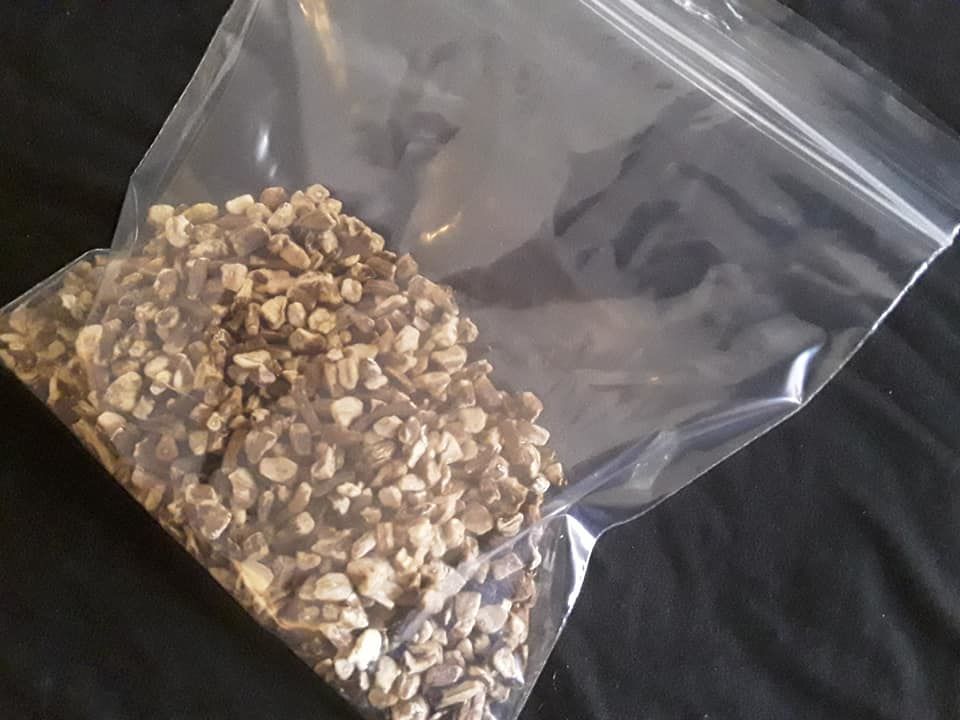
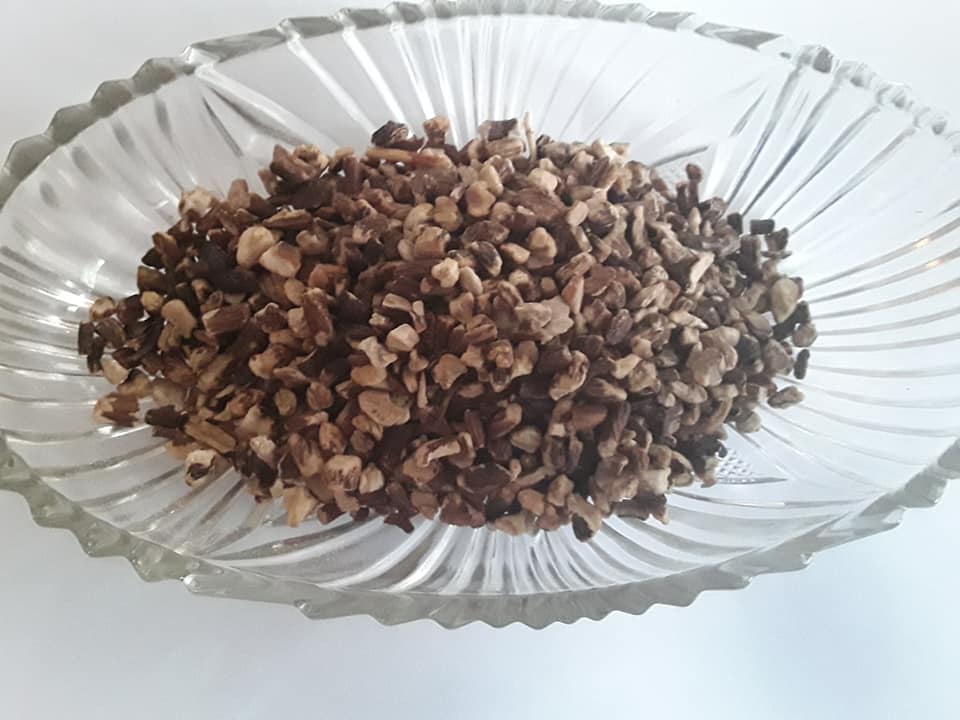
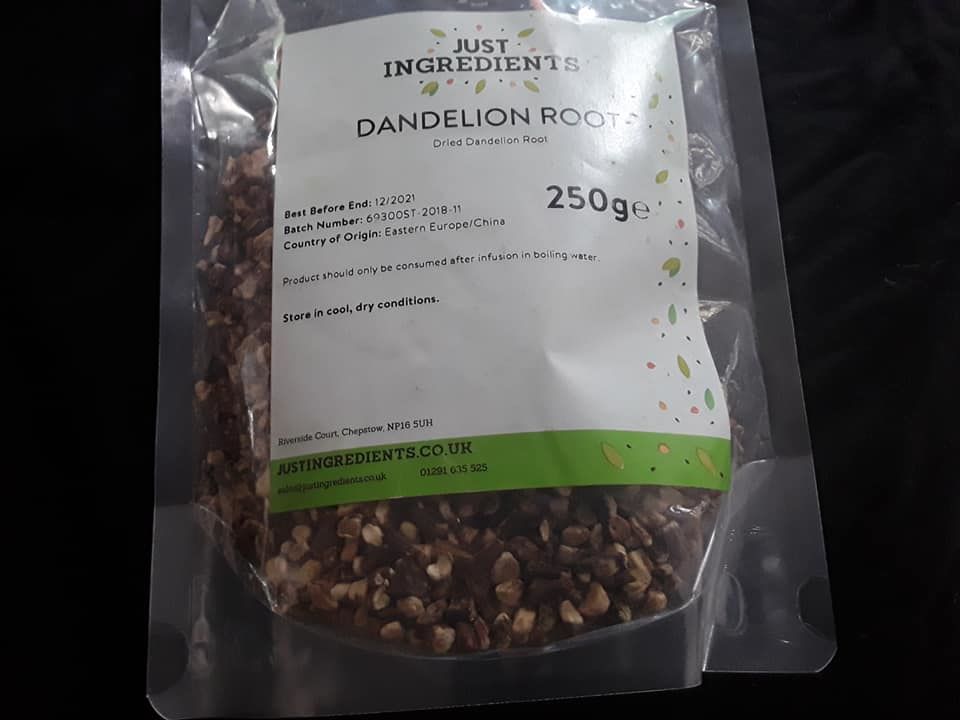
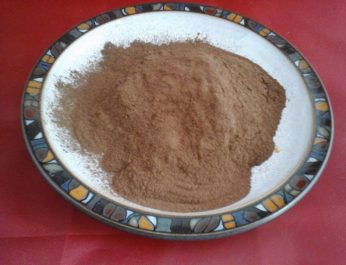

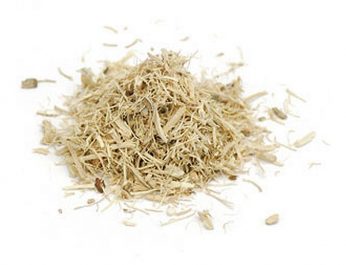

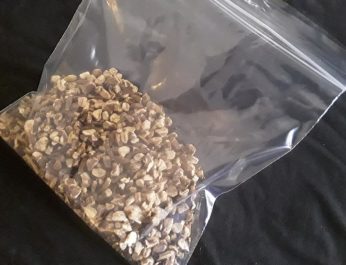
Reviews
There are no reviews yet.